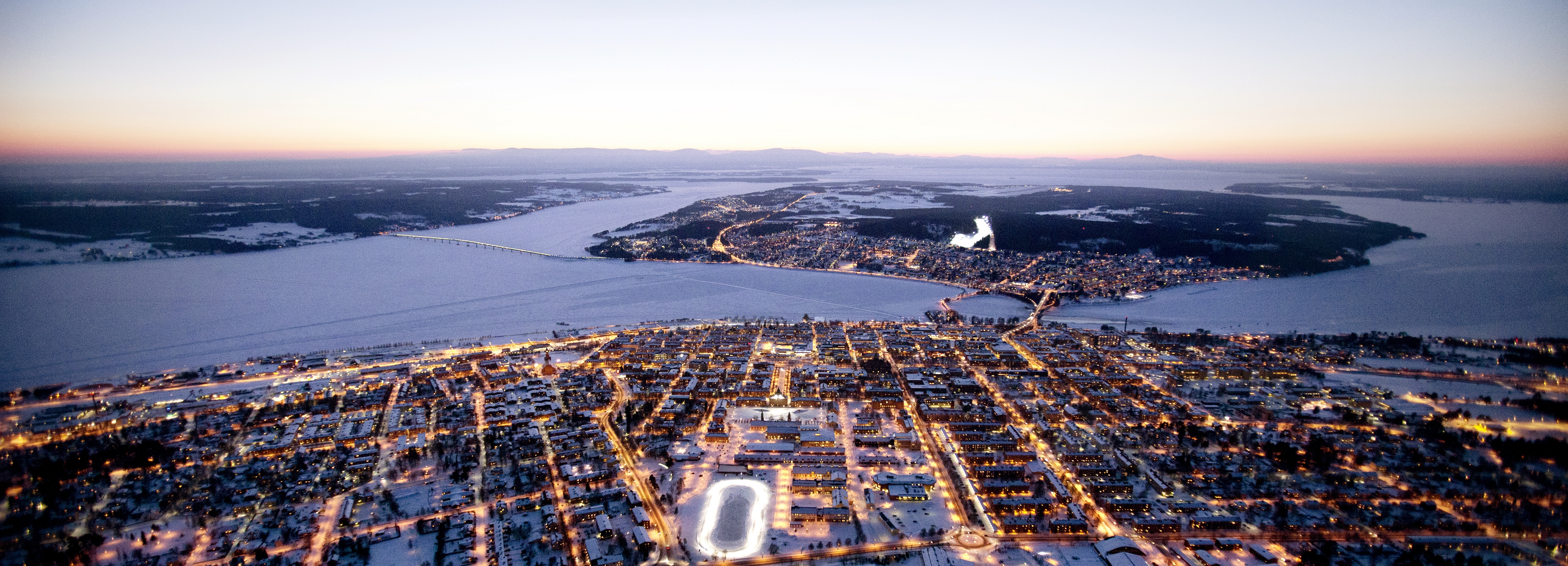
Sharing Disaster Experience, Research and Innovation: A multi-hazard approach for risk management after Covid-19 Passed
Tuesday September 21, 2021 15:00 - 16:30 E
Workshop leaders: Sebastien Boret, Takako Izumi
Presenters: Sebastien Boret, Takako Izumi
- Managing Mass Death in Times of Multiple Crisis: Lessons from the 2011 Japan Disasters and the Covid-19 pandemic, Sébastien Penmellen Boret
- Multi-hazards disaster response and recovery: experiencing natural hazards in pandemic, Takako Izumi
Panel description
This panel attempts to share the experiences, knowledge and innovations associated with recurrent disasters within Asian societies. Since the 2000s, Indonesia, India, China, Japan, and their Asian neighbours regularly make the world news headlines for their catastrophic experiences of natural hazards. The Indian Ocean Earthquake and Tsunami (2004), the Sichuan Earthquake (2008), the Great East Japan Disasters (2011) are among the most striking examples. Beyond these particular events, Asian nations withstand, albeit less impacting, recurring hazards. Japan experiences, again and again, earthquakes and the ensuing menace of tsunamis. Indonesian islands sit on the ring of fire and continuously prone to volcanic eruptions, earthquakes and tsunamis. India and Bangladesh experience regular floods and droughts. Such nations develop particular modes of environmental, technological and cultural adaptations as well as technological innovations.
This panel examines how these so-called “high-frequency, low impact hazards” contribute to the formation of the socio-cultural fabrics and disaster expertise of Asian nations. To this effect, it brings together experts of disaster in Asian societies to consider the following questions: What are the specificities of their disaster experience, research and innovative practices? How can we best transfer these lessons to fit new socio-cultural paradigms?chlTo answer these questions, each presentation examines the experiences of an Asian society through the looking glass of interdisciplinary perspective. In doing so, it also examines some of the resulting environmental, cultural and technological adaptations developed by its people through time. To conclude, the panel discussion considers the opportunities and challenges to adapt these coping mechanisms by a foreign culture/society. This discussion hopes to foster grounds for future collaborations between Asia and other nations in coping with disasters.
Panel description
The Sendai Framework for Disaster Risk Reduction was adopted by 187 countries at the UN World Conference on Disaster Risk Reduction in 2015 and became a blueprint of a DRR strategy for the next 15 years and provided concrete actions to protect development gains from the disaster risks. It emphasized the scope of the agreement includes not only natural hazards but also various hazards as follows: “the present framework will apply to the risk of small-scale and large-scale, frequent and infrequent, sudden and slow-onset disasters, caused by natural or manmade hazards as well as related environmental, technological and biological hazards and risks. It aims to guide the multi-hazards management of disaster risk in development at all levels as well as within and across all sectors”. However, the major focus of the current DRR strategies and plans is on natural hazards, and do not include other hazards such as pandemic, industrial and technological hazards (Natech), nuclear hazards and human-induced hazards as their targets. In order to support and implement the framework, it is crucial to understand the risks of different hazards and develop disaster management strategies and plans taking into consideration multiple hazards.
For instance, the year of 2020 was extremely challenging to universities, faculty, and students in education. Due to the COVID-19 pandemic, our regular classes, educational programs, field visits etc were tremendously restricted. Students, faculty and administration staff were struggled to shift teaching and learning methodology to online. Most of universities have not prepared for pandemic and have struggled to fight with it. The question is how we could strengthen our current prepare capacity to tackle these various hazards and different stakeholders could collaborate to enhance the current mitigation measures.
This session aims to share the experience and research on preparedness, response, and recovery against various hazards, identify the common area on risk management to tackle all these hazards, and how the current international, regional, and national strategies need to be enhanced to adopt an all-hazards approach. This session invites and welcomes speakers and presentations especially about disaster management for various hazards especially non-natural hazards including COVID-19 response/recovery, Natech (Natural Hazards Triggering Technological Disasters), etc.
Lecturers
Sebastien Boret Workshop leader
Tohoku University
Takako Izumi Workshop leader
Associate Professor
International Research Institute of Disaster Science (IRIDeS), Tohoku University
Sebastien Boret Presenter
Tohoku University
Takako Izumi Presenter
Associate Professor
International Research Institute of Disaster Science (IRIDeS), Tohoku University